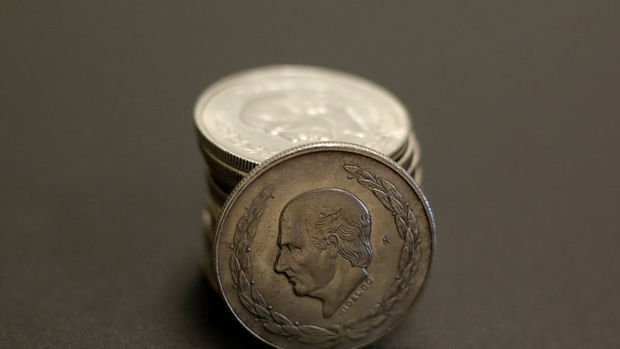Emerging market currencies under threat from Trump
The assassination attempt on US presidential candidate Donald Trump over the weekend has strengthened expectations that Trump will be re-elected, while this development has led to a depreciation in many countries' currencies, especially the Mexican peso. While Trump's second term as President has raised concerns that his past policies, such as additional tariffs, will continue, this situation is also increasing pressure on the currencies of developing countries. The assassination attempt on Donald Trump, who is running for the Republican Party in the US over the weekend, caused the dollar to gain value against most currencies. The strengthening expectations that Trump will be the US President for a second term poses a risk to developing country currencies due to his protectionist policies. The South Korean won fell after the assassination attempt, while the Thai baht reversed its 8-day rise, and the Malaysian ringgit fell from its peak in January. The South African rand also fell by 0.6 percent. Investors expect Trump's plan to increase additional tariffs if he is re-elected to trigger inflation and for the Fed to continue its restrictive monetary policy further. Malayan Banking Currency Strategist Fiona Lim said, “Trump’s policies are inflationary and a prolonged period of higher interest rates in the US could cause emerging market currencies to lose value once again.” The interest rate cuts that began with the decline in inflationary pressures have supported emerging market currencies, and the emerging market currency index has risen from its April lows to rise by 1.7 percent. The biggest drop was in the peso. The currency that lost the most value against the dollar today was the Mexican peso, which fell by more than 1 percent. The expectation that Trump will continue his anti-Mexico policies if he is elected president for a second time is effective in this decline. The peso also fell sharply after Donald Trump won the 2016 presidential election. Among Trump’s campaign promises at the time was to build a wall along the Mexican border to stop immigration. The peso, the currency, fell by more than 12 percent against the dollar after the election results were announced, reaching a record low. The peso continues to be one of the most-watched currencies ahead of this year’s U.S. elections. A series of reforms planned after Mexico’s June elections caused the peso to lose more than 2 percent of its value.


